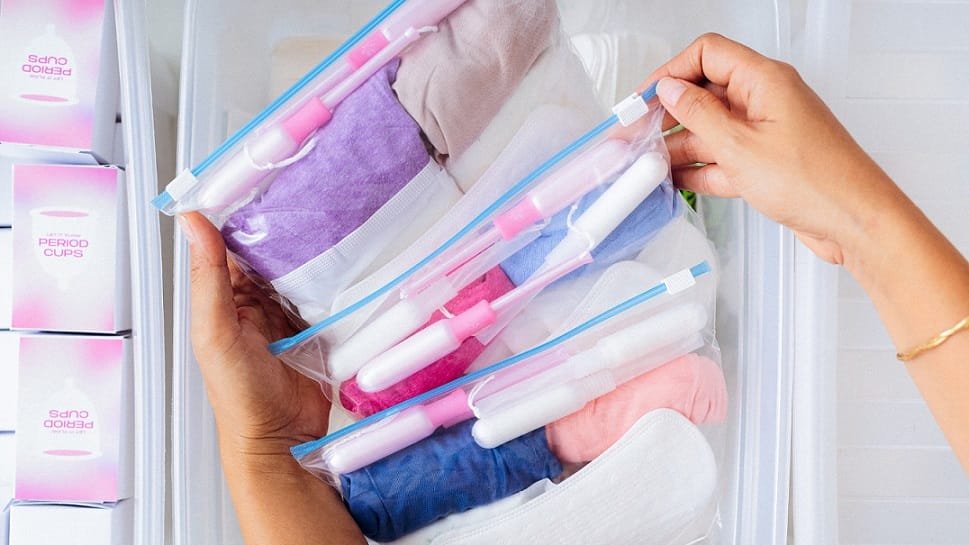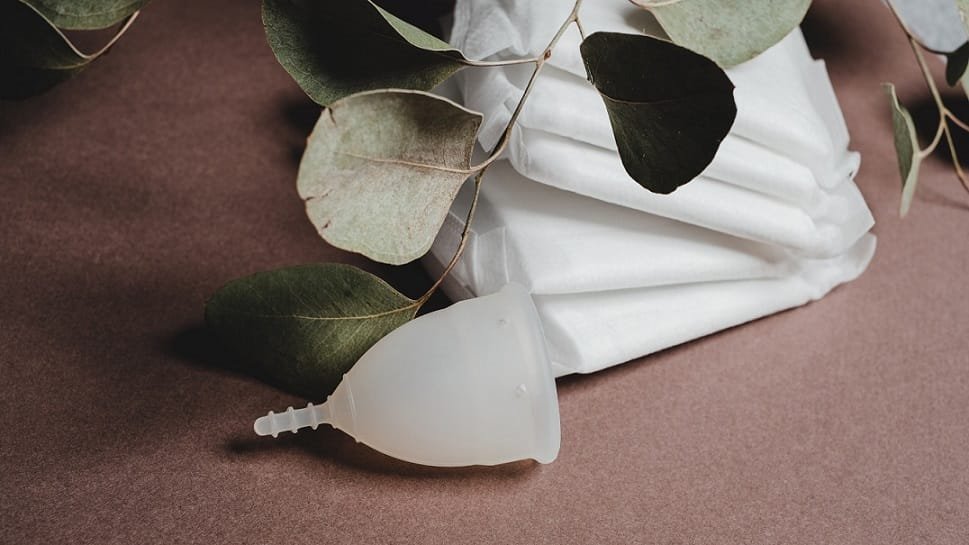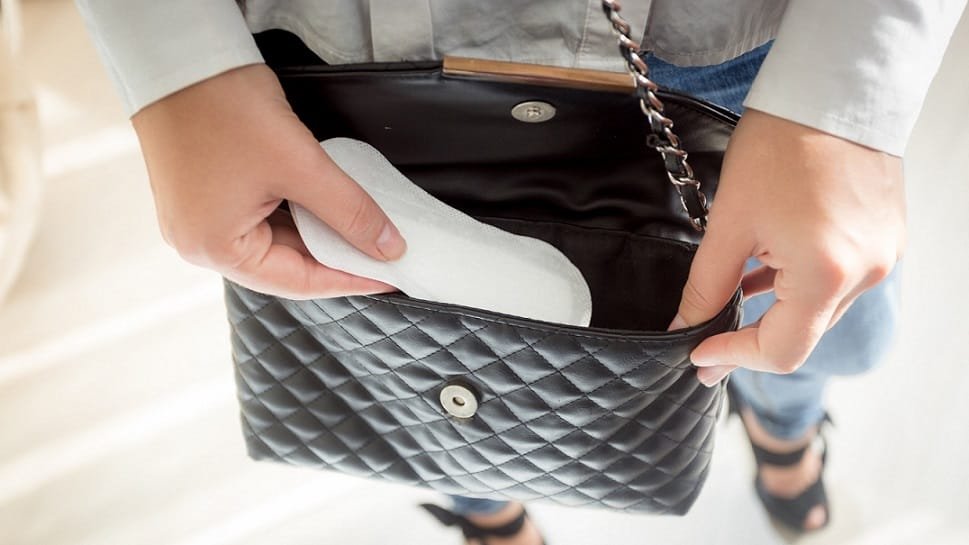Store and Hide Your Period Supplies
“Some of you may have gotten your period and some of you may get it soon,” my 5th grade P.E. teacher, Mrs Liz, told our group of girls while the boys played at the far end of the ground. “But never leave it in the loo.” This was a basic lesson in hygiene, ethics and conducting oneself in a public place. We were taught early on, how to manage our period supplies, store, hide and dispose them. Some of the basic things to learn and form a habit of involve the following:
Learn here how to store and hide your period supplies effectively with tips on organization, hygiene, discretion, and maintaining cleanliness at home.
Designating a Private Area for Sanitary Supplies:
You can organize your sanitary supplies in a private area in your room, walk-in closet, cupboard, drawer or bathroom cabinet. It is a good idea to keep the supplies stowed away in a personal space where your siblings or children do not frequent. You can store your undergarments and toilet paper as well as plastic/paper bags in the same place. This will make it easy for you to access all the necessary supplies and underwear you will need during your period.
At work, if you use a personal drawer, locker or desk, make sure you designate a small area for your supplies. You may even store some supplies in the ladies restroom if it has a small cabinet or drawer.
Stock Up:
Every month you should ensure that your stock of pads, tampons, menstrual cups etc. is up to date and replenished. Buy the supplies ahead of your period date and keep it stashed in the designated private space in your room or office. At work, you should keep the supplies in stock as well but for university or school, you should carry the required amount of supplies in your bag ahead of your period date in case you don’t have a personal locker or desk.
Shop Discreetly:
There are many situations in daily life where you need to do mundane things or chores discreetly whether at home or in a public place. So, while shopping for your supplies at the super market or grocery store, put your sanitary care products in a bag. Usually these paper bags are hung in the sanitary supplies’ aisle. If children are accompanying, you may shop for other groceries before picking up your supply of pads, tampons etc.
No one Needs to Catch It:
Being self-aware and prudent requires you to keep your things orderly and meeting your needs in the best possible manner. So while on your period you should take care that no one sees your sanitary waste. Always make sure you dispose of your used sanitary product carefully out of view. Carry small paper or plastic bags to dispose the pad, tampon or disposable menstrual cup in. in case a bag is not available, use toilet paper.
At a public place, like the school, office, restaurant or public transport station, you never know who might use the toilet after you. Therefore, take good care to flush the loo after using it. These practices should also be followed at home. Moreover, the waste-bin in your own bathroom should preferably have a lid to keep trash out of sight and keeping the environment pleasant.
Empty Trash More Frequently:
At home, you must empty the trash bin more frequently during your period days than you normally do. This will keep the odour out of your living space. It will also decrease the chance of anyone catching your disposed waste.
Use an Air freshener:
Again to keep odour out of your bathroom and living space, use an air freshner inside your room and bathroom. Place one in your bathroom during your period to keep it handy. You can also place an aroma diffuser in your bathroom.
You may also use an air freshener or place an aroma diffuser in the cupboard or the storage area for your sanitary supplies.
Wash Dirty Stained Clothing:
It is common to have leaks or accidents especially during a heavy period, however, no one should catch your dirty laundry in the hamper, laundry basket or washing machine. The most important hygienic practice is to wash your dirty or stained clothing and underwear as soon as possible. This also keeps the cloth stain free for the long term. You can use a hypoallergenic detergent and keep a small cloth brush to scrub off any tough stains. Alternatively, you may also add a small amount of bleaching agent in the washing mixture if tough stains is the concern. A small tub in the bathroom is handy to soak a stained piece of clothing before it can be washed. This will ensure that no dull or yellowish tinge is left on the cloth.
It is also hygienic to wash such clothing separately from the rest of your laundry, even if it means hand-washing it or running a short separate load in the washing machine. Choose the method that is most convenient for you.
Conclusion: Store and Hide Your Period Supplies
In conclusion, knowing how to store and hide your period supplies is essential for maintaining privacy, hygiene, and convenience. By designating a private area, stocking up, shopping discreetly, and practicing proper disposal methods, you can ensure a clean and organized environment both at home and in public spaces. These habits not only promote personal comfort but also reflect consideration for others, making period management a seamless part of your routine.
Written By: Amna Saadat Ali




